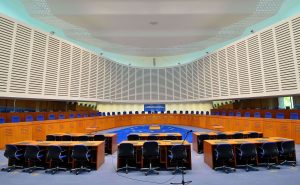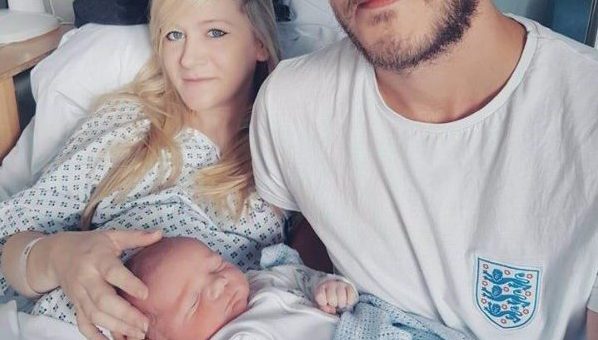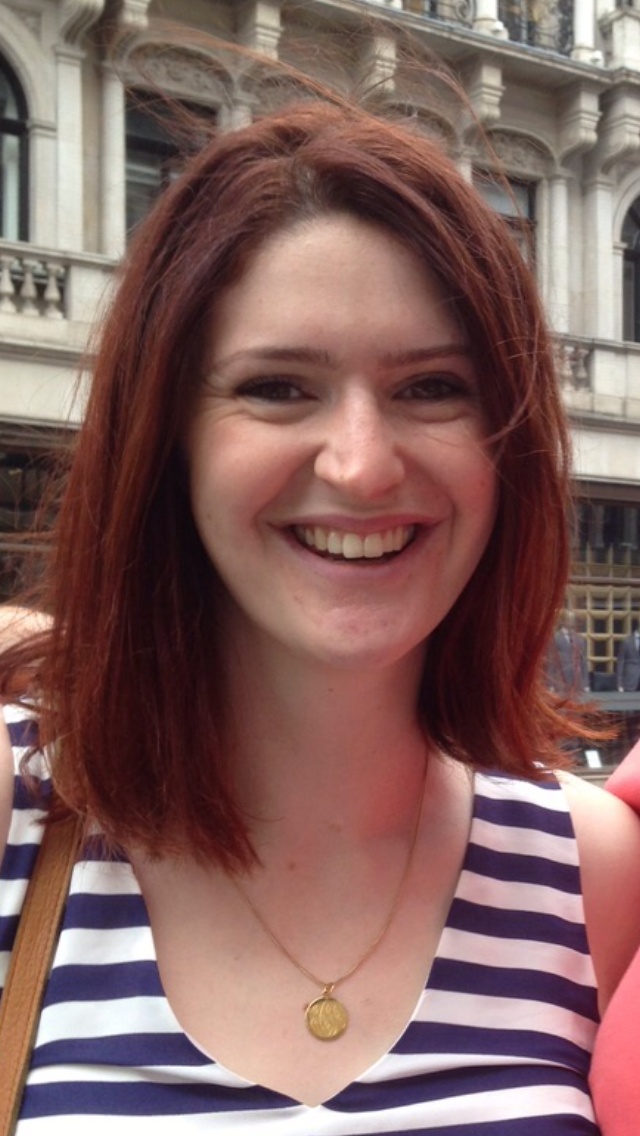The European Court of Human Rights has rejected an appeal from the parents of terminally ill baby, Charlie Gard.
Charlie’s parents have been fighting a legal battle to keep him alive. That fight has how reached its final stage. The decision by the Human Rights Court means that Charlie’s parents have exhausted all of their legal options. Doctors at Great Ormond Street are allowed to withdraw life-sustaining treatment from Charlie and help him die peacefully.
Why was such a decision made, and how have human rights been involved?
Best interests of the child
Charlie, now 10 months old, was born with mitochondrial depletion syndrome – a genetic condition so rare, he is thought to be one of just 16 people in the world to have been diagnosed with it. The condition affects his brain and his muscles, and means he cannot move his arms and legs, open his eyes, make any noise, or breathe unaided. He is dependent on a ventilator machine to keep him alive.
Charlie has been at the centre of a legal dispute between his parents and the medical team caring for him about what is in his best interests. His parents, who have crowdfunded millions of pounds for this purpose, want to take him to the US to receive highly experimental medical therapy, known as nucleoside therapy. Doctors caring for him at Great Ormond Street Hospital do not agree that this will benefit him, and are concerned that it will cause him unnecessary suffering. They think that he should be removed from his ventilator machine and provided with palliative care in order to “die with dignity”.
British judges agreed with the doctors that life-sustaining treatment should be withdrawn from Charlie. They concluded that he was experiencing significant harm in being kept alive with no prospect of any improvement in his condition, but that taking him to the US for treatment would also not help him – in fact, on the basis of the available medical evidence, they thought it could cause him more pain and suffering.
A human rights issue
Charlie’s parents argued that the decision made by doctors and supported by the British courts had violated both their and Charlie’s rights under the Human Rights Convention. They asked the Court of Human Rights to consider their claim that:
- Charlie’s right to life, as protected by Article 2 of the Human Rights Convention had been breached by the hospital’s refusal to allow him to access medical treatment in the US;
- As a result of the hospital’s refusal to let him be taken to the US, Charlie had been unlawfully deprived of his liberty, in violation of his Article 5 right to liberty and security;
- The decisions of the British courts in favour of the doctors amounted to an “unfair and disproportionate” interference with Charlie’s parents’ rights under Article 6 (the right to a fair trial) and Article 8 (the right to respect for private and family life).

The Human Rights Court and margins of appreciation
The European Court twice asked for the UK to keep Charlie alive so they could have time to consider the case in full. On 27 June, however, the judges rejected the claims made by Charlie’s parents and endorsed the previous decisions of the British courts.
They said that previous cases made it clear that individual states are given a wide “margin of appreciation” in decisions which involve “sensitive moral or ethical issues”, such as this one involving Charlie. This means that national authorities are given a large amount of discretion in deciding how they deal with these types of cases.
Because of this, they said that it would not be right for the Human Rights Court to substitute its judgment for the decisions reached by the British courts. Its role was to determine whether the British courts had reached their decisions appropriately.
In this case, the Court said they had. The UK had a very clear legal framework governing access to experimental treatment and the withdrawal of life-sustaining treatment. The legal proceedings Charlie’s parents had been through in the UK had been, “meticulous, thorough, and reviewed at three levels… with clear and extensive reasoning.” For this reason, they would not consider overturning the decision reach by the British courts.
What happens now?
The Human Rights Court’s decision is final, and means that Charlie’s parents have, sadly, exhausted all of their legal options. It also means that the order issued by the European Court to keep Charlie alive until a decision had been reached has now been lifted, and doctors may remove Charlie from the ventilator machine.
Great Ormond Street Hospital has said that there is “no rush” to change Charlie’s care, and that decisions about his future care will be made after careful planning and discussion with his parents.
As for the £1.3 million raised by Charlie’s parents to help pay for his treatment in the US, this will not be in vain. They have announced their intention to set up a charity for mitochondrial depletion syndromes, with the aim of funding research and making treatment available to other children affected by the condition.
Want to know more?
- Find out more about Charlie’s story here and here.
- Read our brief history on the European Court of Human Rights.
- Explore our infographics on the right to life and the right to a private and family life.







